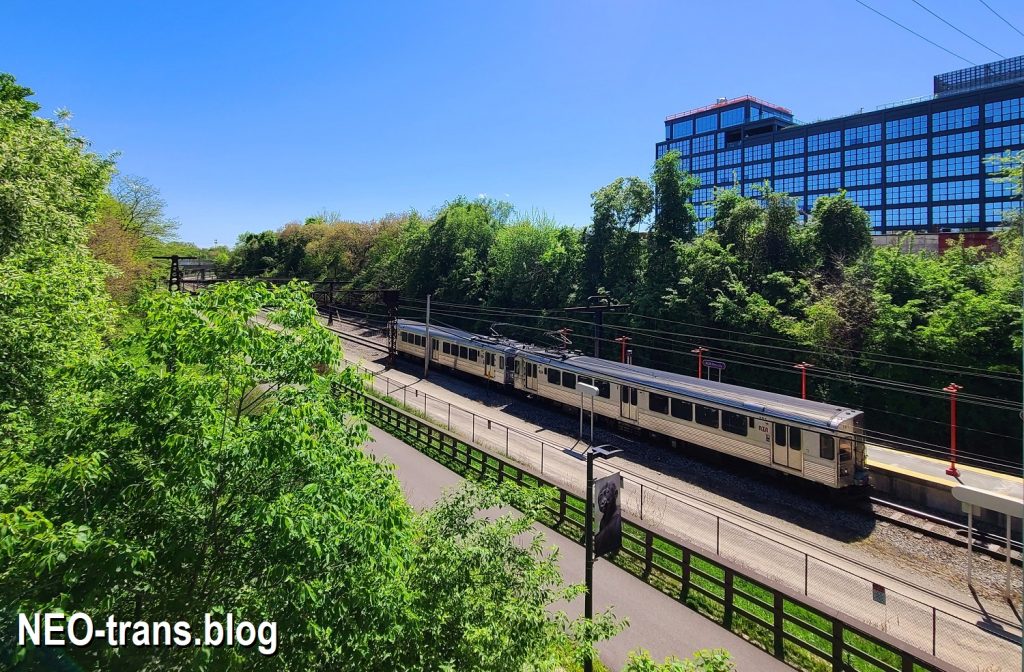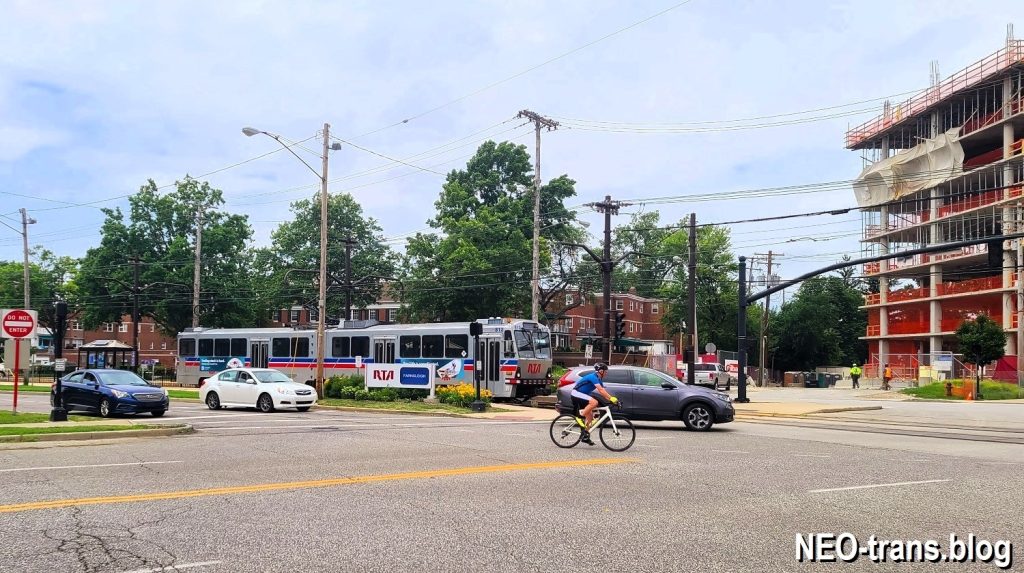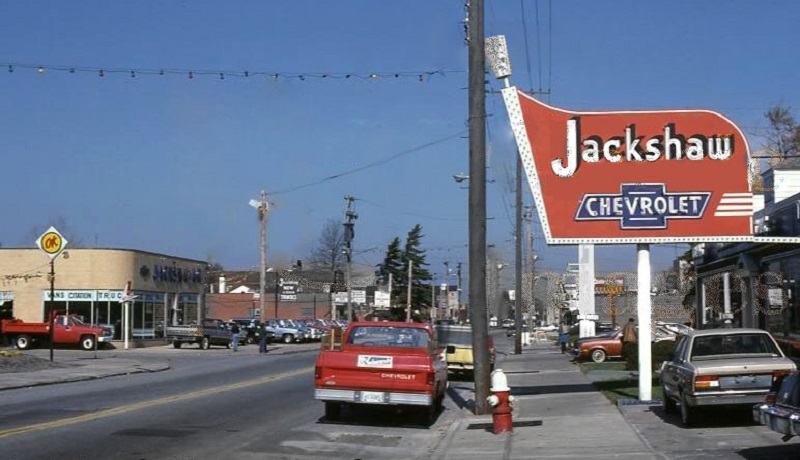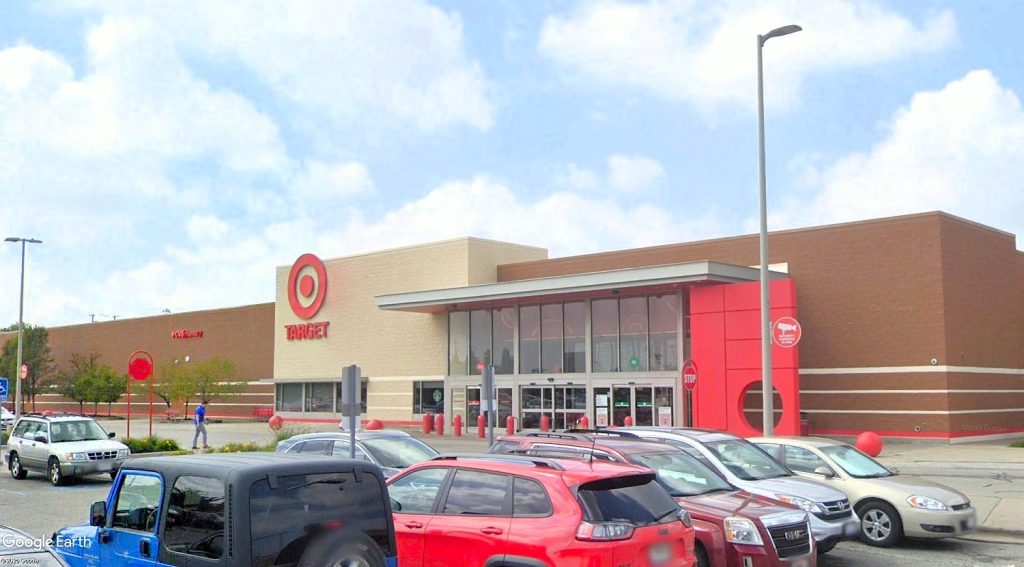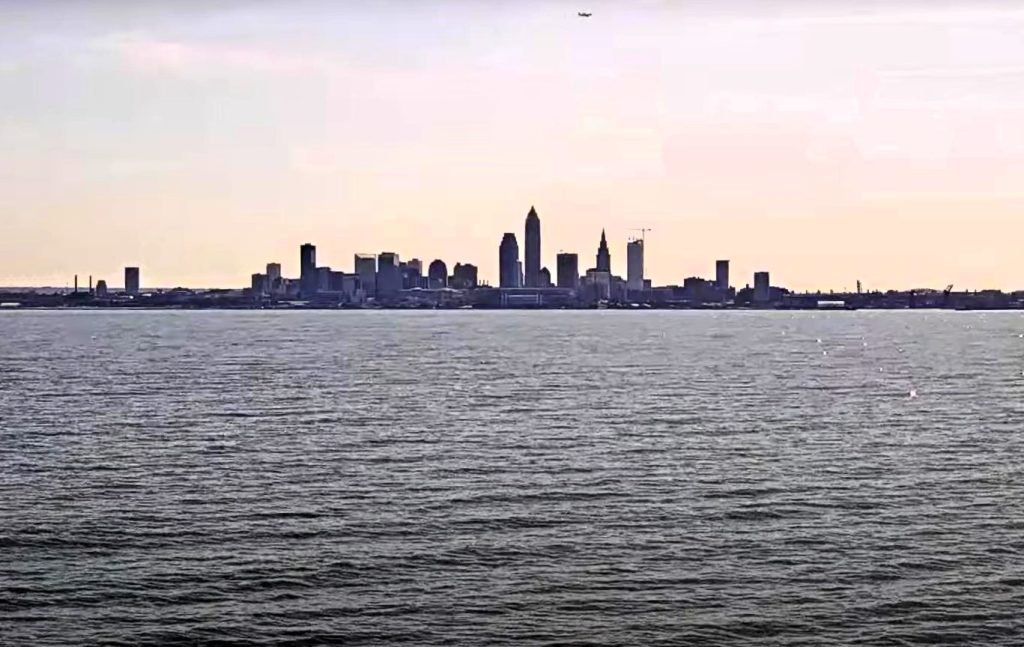
Cleveland and other Great Lakes cities are considered to be climate havens in an era of rapid change. Not only is Cleveland’s climate moderating, but its low property insurance rates and nearly unlimited access to fresh water make it climate-safe and affordable place to live (ClevelandWater.com). CLICK IMAGES TO ENLARGE THEM.
Bloomberg to make investments in sustainability
ARTICLE UPDATED MARCH 13, 2024
Cleveland was selected today by Bloomberg Philanthropies as one of 25 U.S. cities to join Bloomberg American Sustainable Cities (BASC) and be the recipient of $200 million divided roughly equally among them. BASC is a three-year initiative designed to leverage historic levels of federal funding to incubate and implement transformative local solutions to build low-carbon, resilient, and economically thriving communities.
Building on the longtime leadership of U.S. cities to confront the overlapping crises of climate change and racial wealth inequity, the Bloomberg Philanthropies initiative will provide support to selected cities to pursue transformative solutions in the buildings and transportation sectors through partnerships with PolicyLink, Bloomberg Center for Public Innovation at Johns Hopkins University, and Natural Resources Defense Council.
“Tackling climate change and building stronger and more equitable cities go hand in hand,” said multi-billionaire Michael Bloomberg, founder of Bloomberg LP and Bloomberg Philanthropies. “Mayors have bold ideas for how to take on both challenges at once, and we’re looking forward to expanding our support for them.”
By participating in BASC, Cleveland will receive a Bloomberg Philanthropies-funded innovation team (i-team) with up to three dedicated staff persons with expertise in data analysis, insight development, human-centered design, systems thinking, and project management. Other Ohio cities winning funds were Akron, Cincinnati, Columbus and Dayton plus Ohio’s neighbors of Buffalo and Pittsburgh.
The goal of those staff persons will be to bolster that city’s capacity in driving progress on climate mitigation and promoting equitable outcomes. The city will also receive multi-year, in-depth, customized policy and technical assistance in collaboration with community-based organizations to mobilize public, private and philanthropic investments.
“Cleveland has long embraced the responsibility of acting on climate change and environmental stewardship,” said Mayor Justin Bibb in a written statement. “From former Mayor Carl B. Stokes’ historic efforts in 1969 to address environmental injustices, to our present-day climate action planning and implementation initiatives, our city stands as a testament to resilience and innovation.”
Cleveland was selected for BASC resources based on its leadership and ambition to build resilient, equitable communities, Bloomberg said. Despite historical disinvestment in past decades that increases our residents’ vulnerability to increased precipitation, flooding, air pollutants and higher heat days, the city has persisted in advancing community prosperity and economic development amid the climate crisis.
Bibb said his administration is dedicated to deploying climate solutions at the neighborhood level in order to raise up communities of disadvantaged people of color — both economically and environmentally – to improve the health, wealth and safety of residents, with a particular focus on Cleveland’s Southeast side.
“The BASC program in Cleveland will support equitable and more rapid implementation of historical funding at the neighborhood level, enhancing resources in our historically disadvantaged communities and reducing the racial wealth gap,” Bibb added. “Through this collaborative effort, we will continue to work with residents and key stakeholders to achieve a more equitable and environmentally resilient city for all Clevelanders.”
City spokeswoman Marie Zickefoose said the amount of Cleveland’s final allocation from the $200 million is yet to be determined. It will be utilized to fund an innovation team with up to three dedicated staff persons. The first two BASC Innovation or “i-team” leadership jobs will be posted this week, she said in an e-mail to NEOtrans.
With over $400 billion in federal funding available to local governments through the Bipartisan Infrastructure Law and Inflation Reduction Act, Bloomberg American Sustainable Cities aims to help cities access and implement the historic funding for critical local projects, especially in disadvantaged communities historically overburdened by pollution.
Bibb said this includes continuing to build on the collaborative federal funding applications. They include the Climate Pollution Reduction Grant program and the Solar for All funding applications to the US EPA, and how the Inflation Reduction Act’s Direct Pay provisions can help the city of Cleveland and non-profit organizations expand climate solutions on the ground.
Anticipated solutions implemented through the Bloomberg American Sustainable Cities could include developing affordable, energy-efficient housing, investing in electric vehicles and infrastructure, accelerating the transition, and expanding access to clean energy, among others. Transportation is the largest contributor of greenhouse gases among all economic sectors. Production of electricity is ranked second.
BASC is the newest Bloomberg Philanthropies initiative to support local climate action in the United States. In 2019, Bloomberg Philanthropies launched the American Cities Climate Challenge to provide resources and support to 25 of the largest U.S. cities to scale proven high-impact urban climate solutions in the buildings and transportation sectors.
With Bloomberg Philanthropies’ support, the 25 Climate Challenge cities passed 54 major buildings, energy, and transportation policies and launched 71 new climate programs and initiatives. They are projected to reduce 74 million metric tons of carbon emissions through 2030. In 2022.
Bloomberg Philanthropies galvanized a consortium of nonprofit and expert groups to establish the Local Infrastructure Hub, a national program providing more than 1,200 municipalities with pro-bono expertise to navigate historic funding opportunities made available through the Bipartisan Infrastructure Law and Inflation Reduction Act.
Those groups will develop competitive grant applications, and bring investment home to address essential infrastructure needs. To date, participating municipalities have already been awarded more than $1 billion in federal funding, according to Bloomberg Philanthropies.
END

